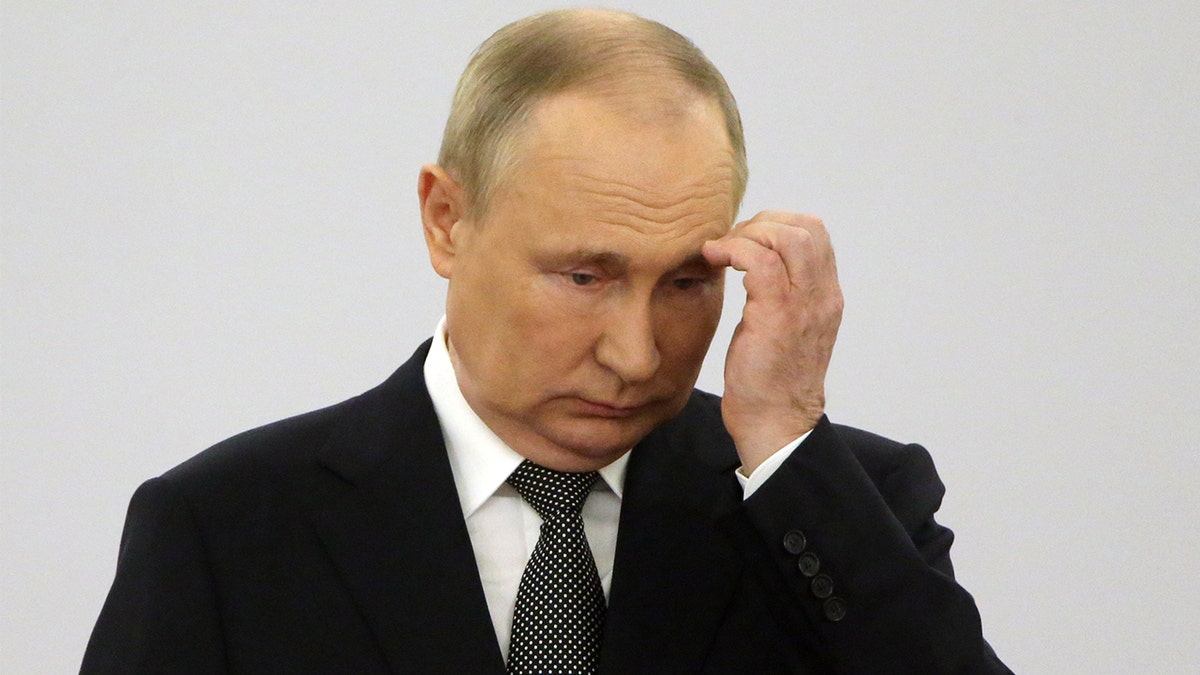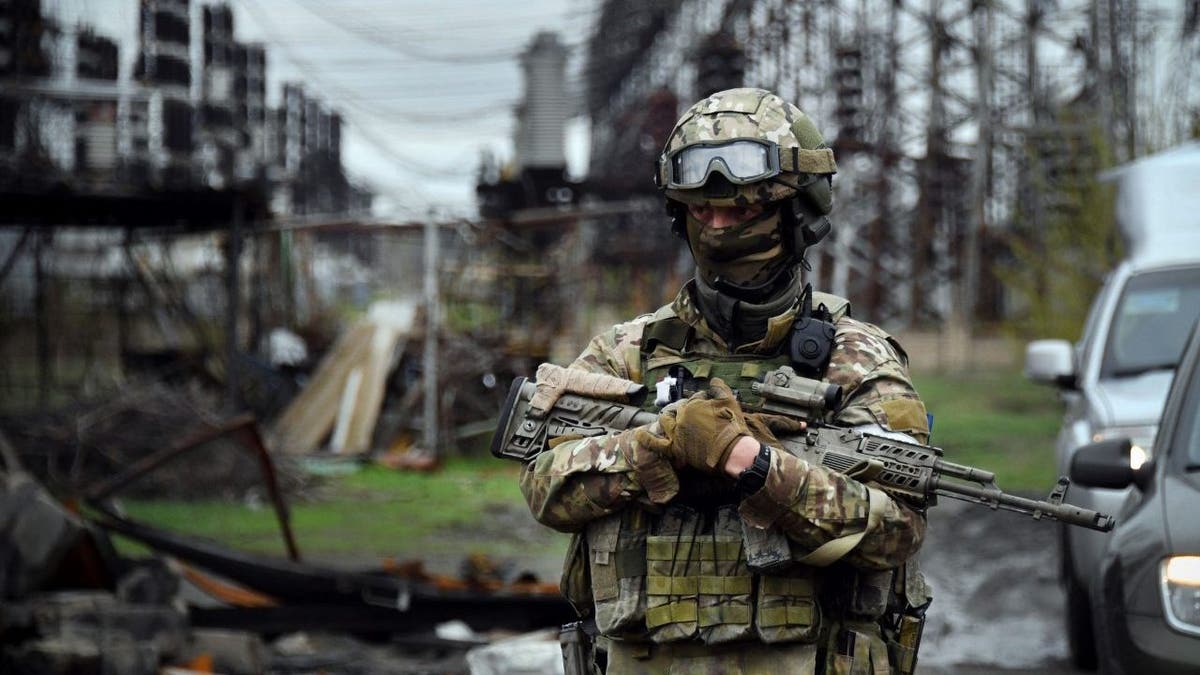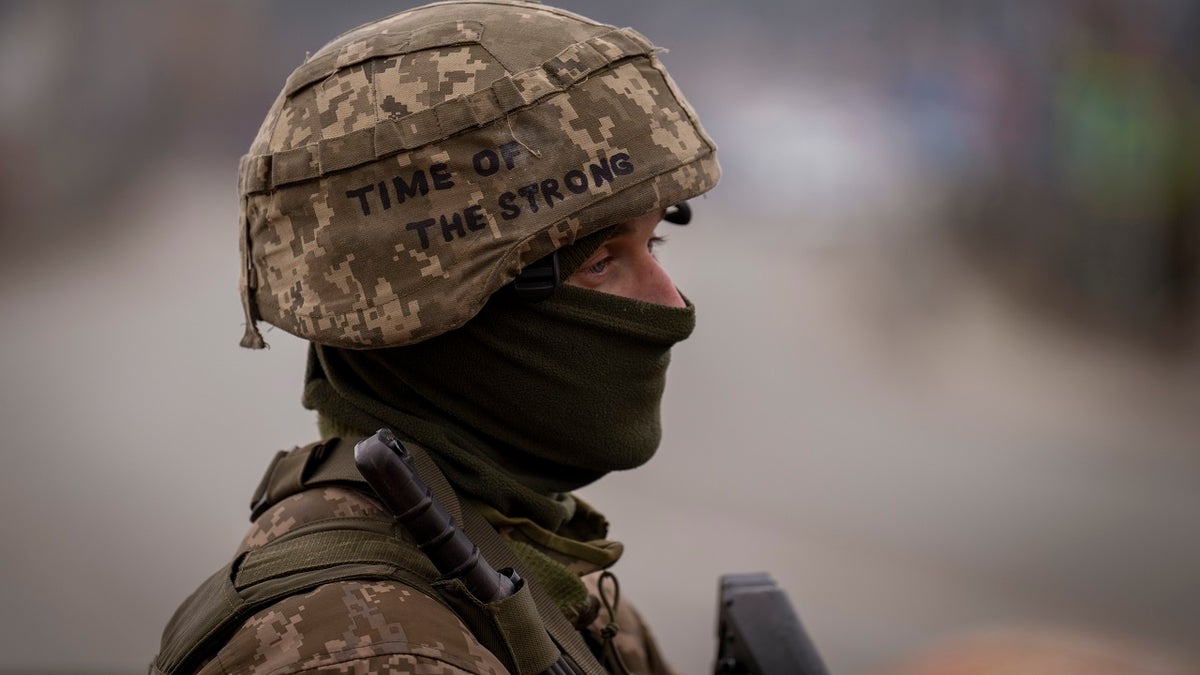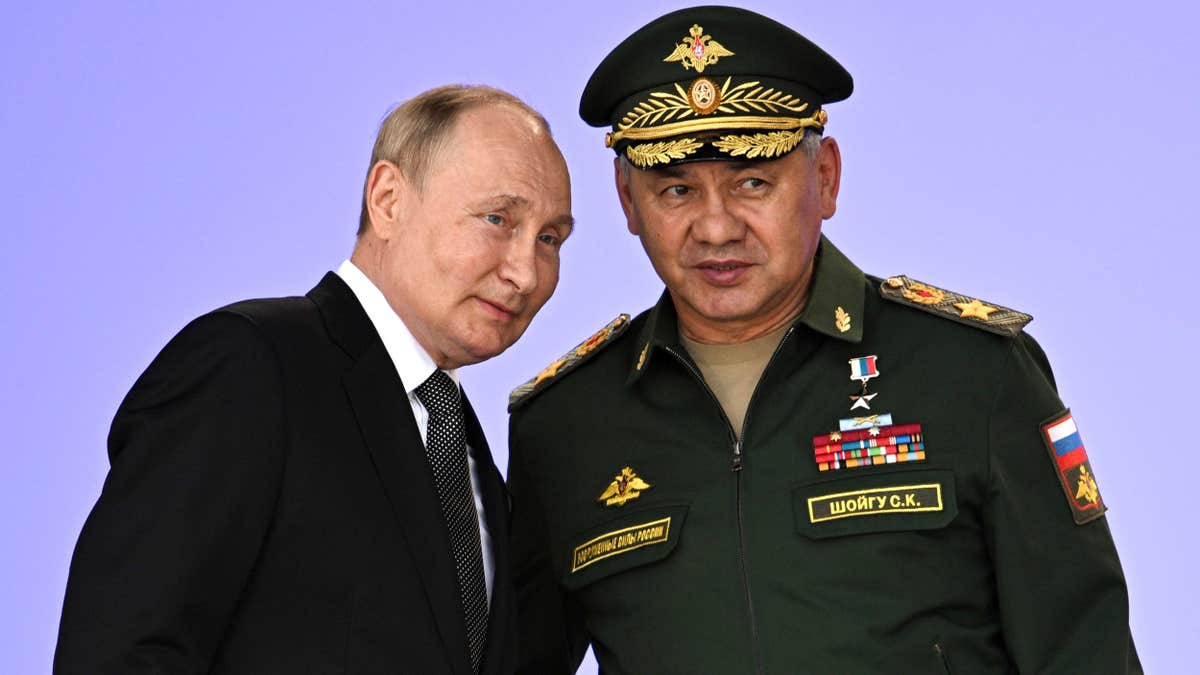How should the US respond if Putin fires a nuclear weapon?
Former national security adviser to Trump and Pence gives his take on responding to the Russia-Ukraine conflict on 'America Reports.'
Russian President Vladimir Putin's announcement of a "partial mobilization" that will compel citizens to join the fight in Ukraine could backfire on the authoritarian leader, causing unrest that risks weakening his grip on Russia's population.
"There’s a growing discontent among the Russian people with Putin’s policies," Rebekah Koffler, a former DIA intelligence officer and the author of "Putin’s Playbook: Russia’s Secret Plan to Defeat America," told Fox News Digital.
Koffler's comments come after Putin's partial mobilization, announced last week, stirred widespread chaos in Russia, with reports of Russian men fleeing the country by the thousands and violent demonstrations that the Russian leader had so far been able to avoid during the months-long invasion of Ukraine.
Putin's announcement came after Ukrainian forces launched a largely successful counteroffensive that put the Russian military on its heels in several regions, another setback in a war that has rarely gone according to script for Moscow.
PUTIN INITIATES CONSCRIPTION TO BOLSTER MILITARY INVASION AS UKRAINE MOUNTS COUNTEROFFENSIVE

Russian President Vladimir Putin. (Contributor/Getty Images)
In his address announcing the decision, Putin reasoned conscription would help address "the threats we face, namely to protect our homeland" and "ensure the security of our people and people in the liberated territories" of Ukraine, while assuring Russians that the mobilization would be limited reservists and to military veterans in certain specialties.
"We are talking about partial mobilization, that is, only citizens who are currently in the reserve will be subject to conscription, and above all, those who served in the armed forces have a certain military specialty and relevant experience," Putin said.
But according to a report in the Washington Post, many of those who have been called to serve have no prior military experience, while others are either too old for military service or have health issues that would prevent them from being able to participate in combat. Even more troublesome, most of those enlisted to serve have been among the nation's poorest demographics, including minorities, while those who are pursuing a college education have been exempted from being drafted.
The result has been widespread backlash, with protests erupting and multiple military recruitment centers being attacked or set on fire. In Russia's Irkutsk region, a military recruitment officer was shot, while in the Omsk region, a fight broke out between drafted men and local police tasked with forcing them on to busses.
RUSSIA TO GIVE TROOPS WHO SURRENDER 10 YEARS IN PRISON UNLESS THEY ARE ABLE TO FLEE CAPTIVITY

A Russian soldier stands guard at the Luhansk power plant in the town of Shchastya. (Photo by ALEXANDER NEMENOV/AFP via Getty Images)
Over 2,000 people have been arrested in protests of the decision, according to Washington Post figures, while over 5,000 vehicles were backed up at Russia's border with Georgia as a result of men attempting to flee the country. Many have escaped through other routes or on foot, while almost all flights out of the country have been grabbed up.
Leaving the country might be the only option for some Russian men after Russia announced this week that troops who voluntarily surrender to Ukrainian forces will face stiff penalties when they return to Russia, including a ten-year prison sentence. Only those who are able to escape captivity and return to their units will be spared.
"There’s a massive exodus of Russian males out of the country in the aftermath of Putin having invoked partial mobilization and the Russian government having changed the Criminal Code to stiffen the punishment for refusing to fight on the front lines in Ukraine," Koffler said.
Putin's decisions have awoken a population that had seemingly been disinterested in the events unfolding in Ukraine, in part because of Putin's propaganda pushed through Russian media and the threat severe punishments for those who do speak out.

A Ukrainian soldier stands guard at a checkpoint on the outskirts of Kyiv, Ukraine. (AP Photo/Emilio Morenatti)
The upheaval has put Putin on the defensive at home for the first time since the conflict began, a new obstacle for the Russian leader to tackle as he attempts to find a path to a tenable military victory in Ukraine.
National discontent, however, is unlikely to loosen Putin's grip on power, according to Brookings Institution Director of Research for Foreign Policy Michael E. O'Hanlon, who told Fox News Digital the Russian leader may "may worry about unrest" even if he is unlikely to be truly threatened."
"I doubt Putin will lose his grip on power," O'Hanlon said.
Koffler expressed similar sentiment, arguing it was "unlikely" that Putin's grip will be threatened any time soon.
TOP MILITARY BRASS IN UKRAINE'S SOUTH CALLS FOR VOLUNTEERS AS FORCES LOOK TO TAKE BACK KHERSON

Russian President Vladimir Putin (left) vows to strengthen Russia's military cooperation with its allies at the Army 2022 International Military and Technical Forum in the Patriot Park outside Moscow, Russia, on Aug. 15, 2022. (Sputnik, Kremlin Pool Photo via AP)
"Will it produce the backlash to the point where Putin's regime collapses and he is ousted? Unlikely," Koffler said.
Koffler added that Putin will likely be in power until "at least 2024," though she cautioned that even if he was forced out the alternative would be no better.
"In the off-chance that Putin can no longer govern, the person who will assume power, at least temporarily, will be Nikolai Patrushev, a fellow former KGB operative who is as ruthless as Putin himself," Koffler said.
Koffler argued that there is a "misconception in the West that if only Putin were gone, all our problems with Russia would be gone," noting Russia's long history of anti-Western and anti-U.S. foreign policy and its consistent tendency to slip into totalitarian rule.
CLICK HERE TO GET THE FOX NEWS APP
"Putin took reigns of Russia in 2000 and fixed things, stabilized the economy and improved security," Koffler said. "But then, as most Russian and Soviet leaders, he gradually transformed Russia into a totalitarian state. It’s a perpetual cycle."








































